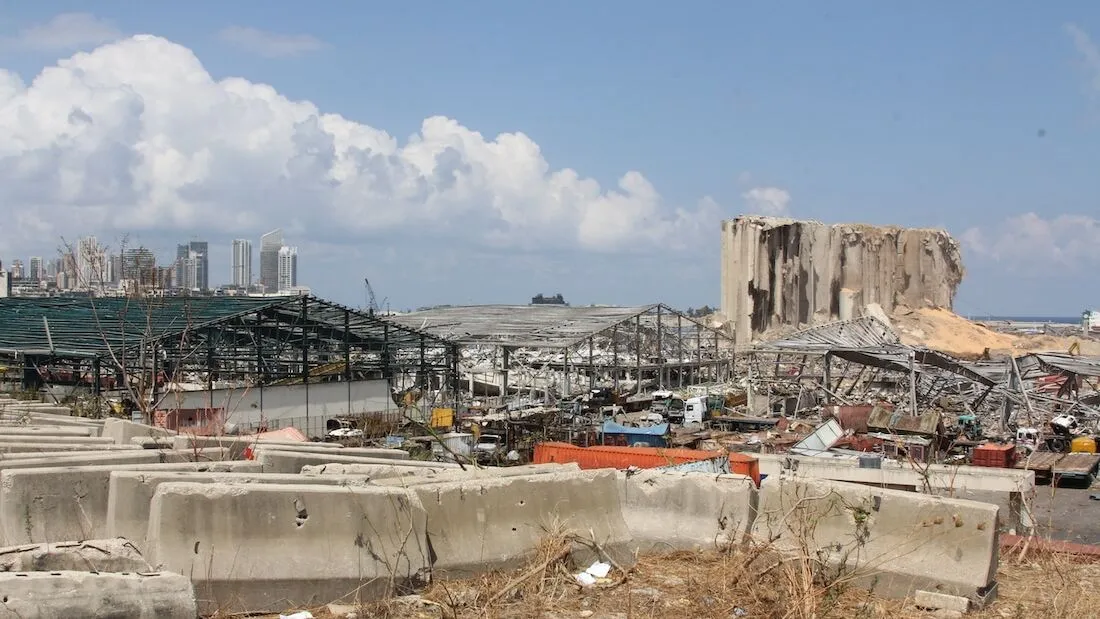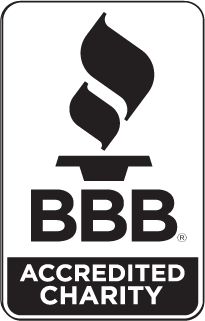Explosion in Beirut: Project HOPE’s Response
A massive explosion rocked the port of Beirut, Lebanon on August 4, 2020, resulting in widespread, catastrophic damage throughout the city. Project HOPE is on the ground in Beirut, working to provide the vital support people need most. Learn more about how you can help Lebanese families.

Project HOPE has concluded an active response on the explosion in Beirut, Lebanon. To learn more about our active responses, please visit our Responses.
A massive international response effort occurred to help the people of Lebanon, who continue to host the largest refugee population per capita in the world and were already struggling with a crippling economic crisis and the COVID-19 pandemic before this tragic blast.
Project HOPE stands with the Lebanese people, and we will work to provide support as long as it is needed.
What happened in Beirut?
At 6:10 p.m. on August 4, 2020, a warehouse at the Port of Beirut containing large quantities of ammonium nitrate exploded, resulting in widespread damage for several kilometers. The blast killed at least 200 people, injured at least 6,000, and left an estimated 300,000 people homeless, including 80,000 children. Multiple medical facilities, including several major hospitals, sustained structural damage. Several hospitals were destroyed.
What is Project HOPE doing to help?
Project HOPE was on the ground in Beirut immediately following the explosions and partnered with a local NGO, the René Moawad Foundation, to provide relief and assistance. In the immediate aftermath, Project HOPE and RMF supported community clean-up efforts, distributed face masks, and provided wound and trauma care while actively sourcing and distributing medicines and medical supplies. Project HOPE also distributed N95 masks at a search and rescue site in Gemmayzeh.
Today, Project HOPE continues to provide immediate assistance to affected populations and health facilities in Beirut through the procurement and distribution of medicines, PPE, and medical and hygiene supplies in partnership with RMF.
With generous support from AT&T, Project HOPE is assisting two local NGOs, Amel Association and Boulghourjian Center, in providing Reproductive and Sexual Health services, Gender-Based Violence Case Management, and Psychosocial Support Services to vulnerable women and girls. Project HOPE is also working to identify the most effective ways to address health service delivery gaps for vulnerable populations.
What were the most pressing health concerns?
The most pressing health concerns in the wake of the explosion were burns and traumatic injuries, as well as respiratory issues due to the release of toxic air pollutants. Hospitals — many of which were already nearing capacity with COVID-19 patients before the explosions — were quickly overwhelmed with injured patients after the blast. Many patients were treated in makeshift conditions, including on sidewalks and in parking lots.
A rapid assessment by the World Health Organization of 55 health care centers in Beirut found less than half to be fully operational and 37 percent sustained moderate to serious damage. Health facilities report needs including medicines and medical supplies, chronic disease medications, oxygen concentrators, psychosocial support, and expanding primary care services.
How did this happen?
The ammonium nitrate that exploded appears to have been stored at the port since 2013, when a cargo ship that was carrying it to Mozambique was abandoned and its cargo stored in a warehouse at the port. It appears that a fire spread among the port about 10 minutes before the blast, at about 6 p.m. Two explosions soon followed — the second of which sent a large red cloud into the air and destroyed large swaths of the city.
How big was the blast?
The second, larger explosion registered as a 3.3-magnitude earthquake and was felt as far away as Cyprus, 150 miles away in the Mediterranean. The blast left a 460-foot-wide crater at its epicenter, and satellite images show complete destruction in the immediate area of the port. It is one of the strongest non-nuclear explosions ever recorded.
The explosion’s blast wave caused catastrophic damage for miles and shattered windows at Beirut International Airport five miles away.

Is COVID-19 spreading in the wake of the blast?
Yes. In the first month after the explosion, COVID-19 cases increased 220%, and there is growing concern around the number of health care workers falling ill. One month after the explosion, more than 670 health care workers had been diagnosed with COVID-19, with 80 new cases confirmed between August 30 and September 1 alone.
The daily influx of new COVID-19 cases remains very high. Lebanon experienced a devastating surge in new COVID-19 cases at the beginning of 2021 that strained the health sector’s resources — particularly hospital bed capacity and oxygen tank reserves.







